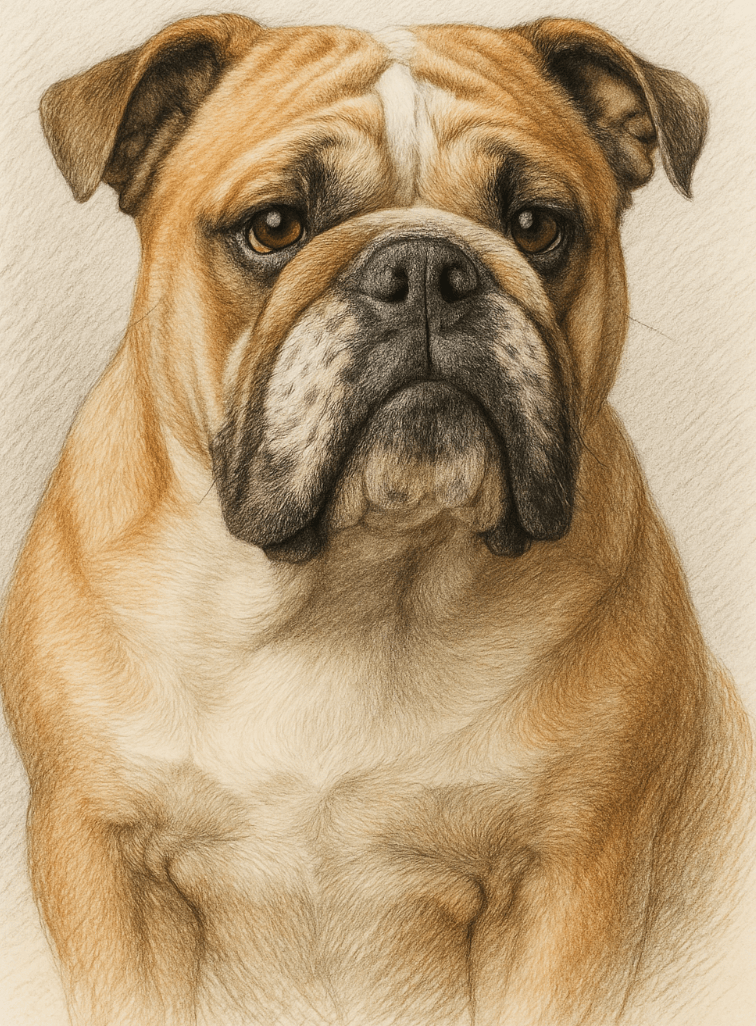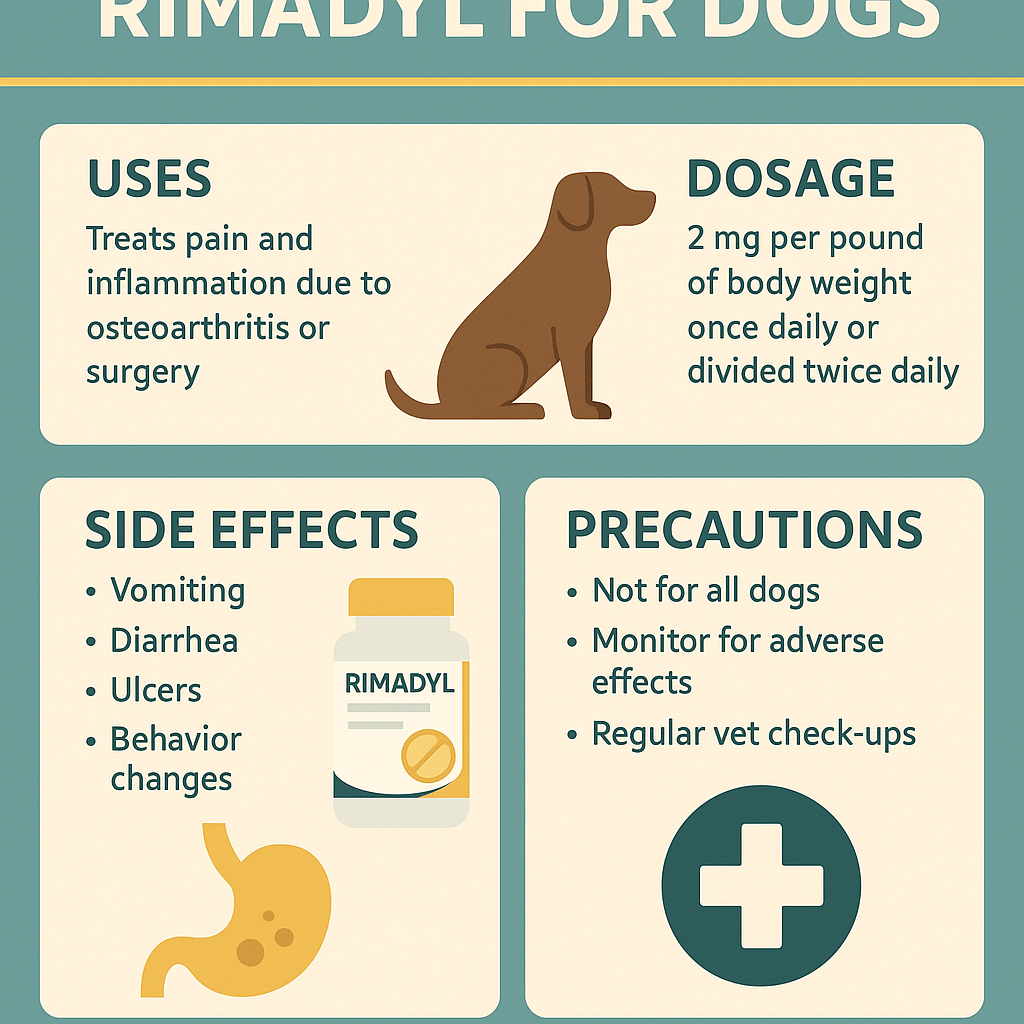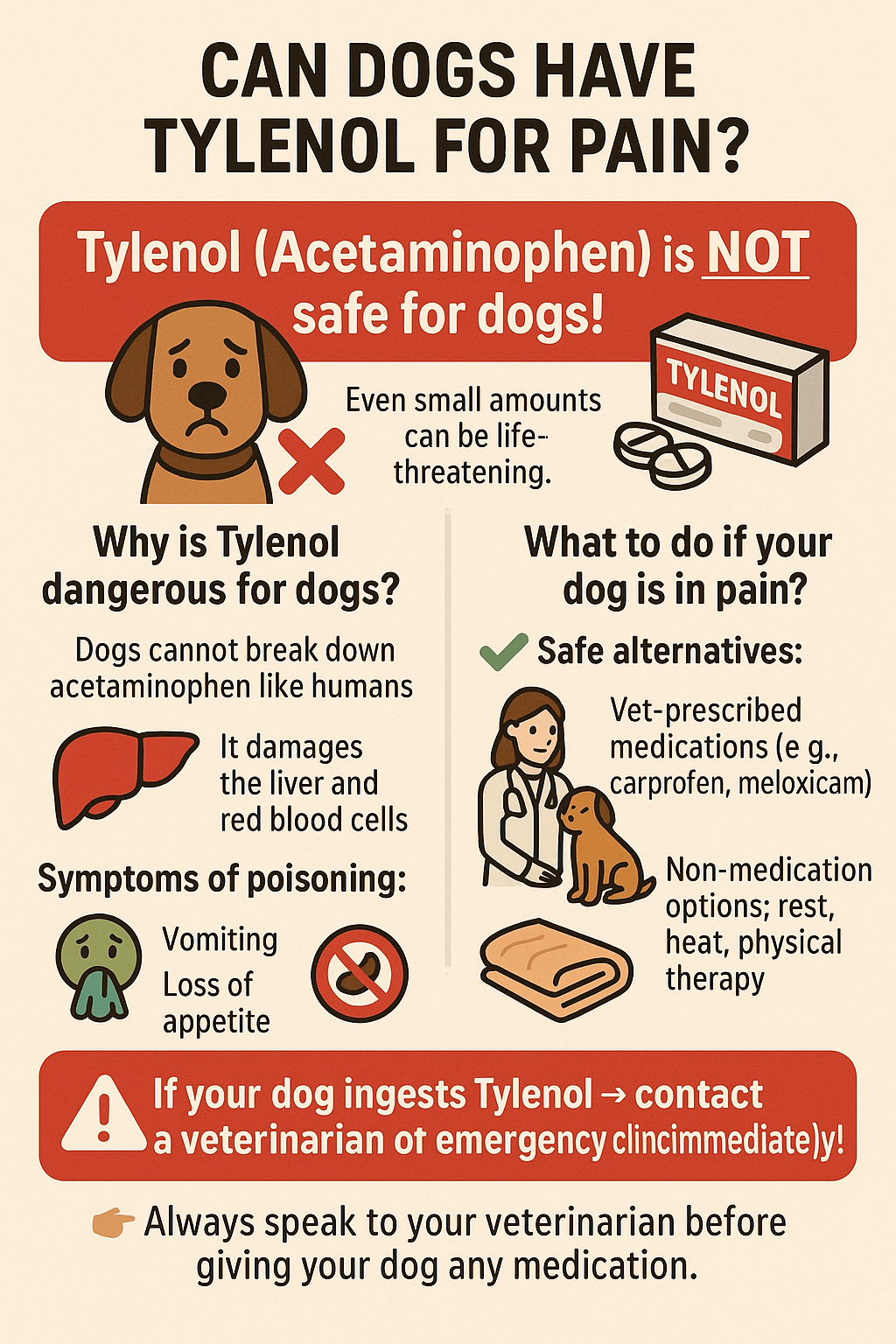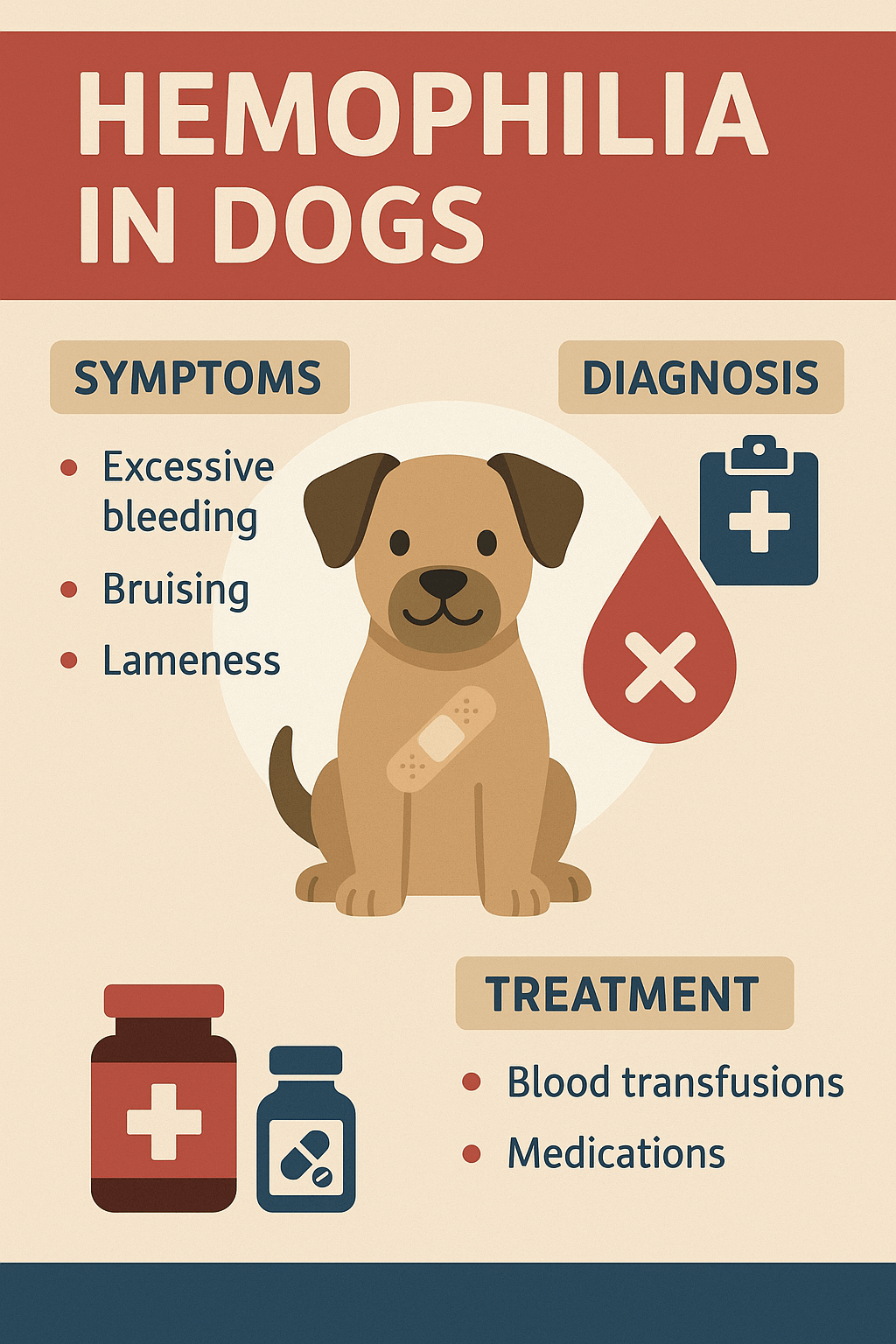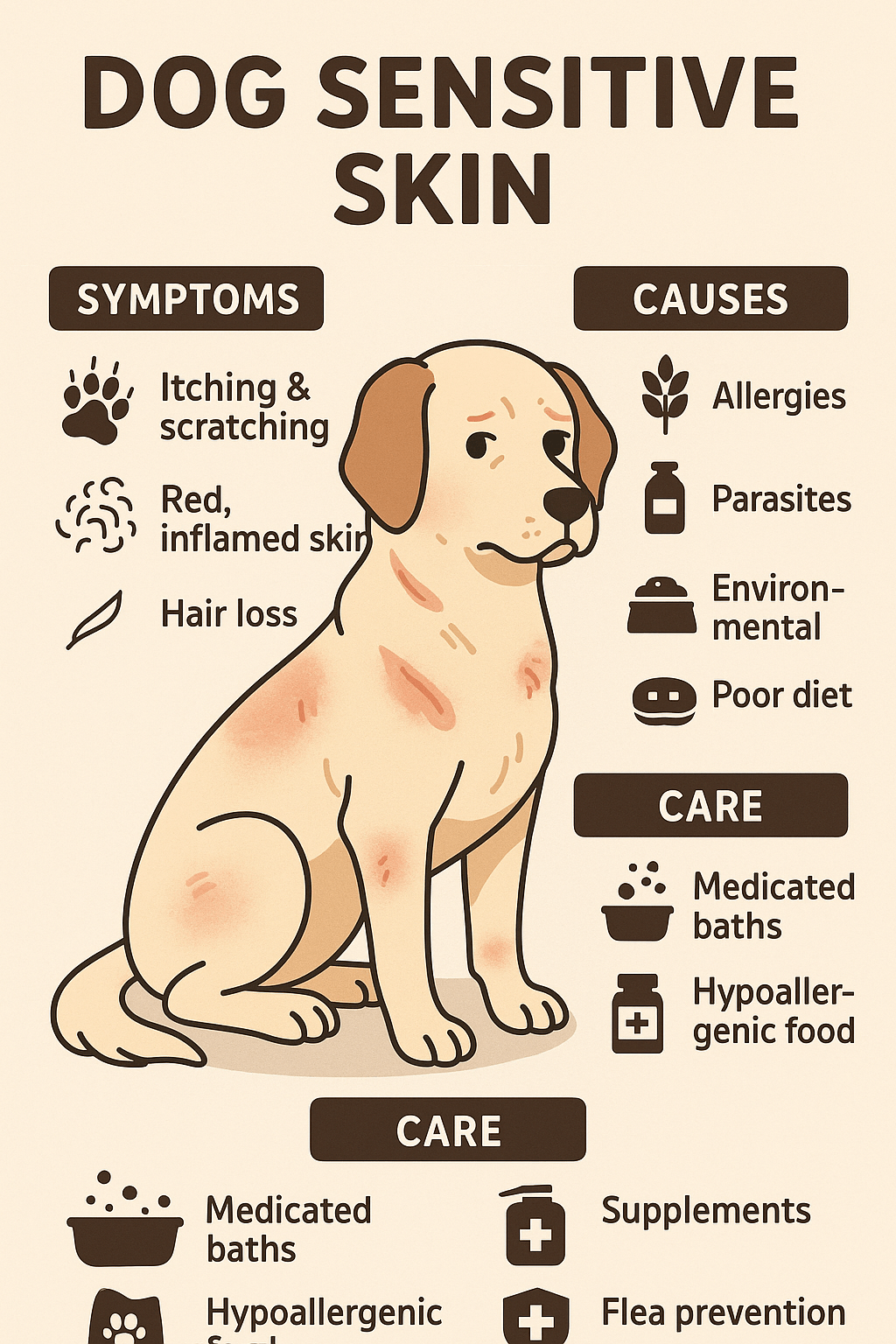Bulldog Lifespan: What You Need to Know
The bulldog, with its distinctive wrinkled face, stocky build, and lovable personality, has captured the hearts of dog lovers worldwide. However, one of the most important aspects to consider when bringing a bulldog into your home is their lifespan. Bulldogs are known for their unique charm, but they also come with specific health considerations that can impact how long they live. Understanding the factors that influence a bulldog’s lifespan is crucial for ensuring they lead a happy, healthy life by your side. In this blog post, we’ll explore everything you need to know about bulldog longevity, from genetics to lifestyle choices, and provide practical tips to maximize their years with you.
Expert Insight: Understanding the Bulldog’s Lifespan
According to Barri J. Morrison, DVM, “The average English Bulldog lifespan is 8–10 years, shorter than average for a medium-sized dog breed. The unique physical traits of the Bulldog make the breed predisposed to an array of medical concerns.”
Dr. Morrison highlights that “the short face, sensitivity to temperature extremes, excessive skin folds, and elevated hip position (above the shoulder line) can all lead to medical issues. Some of these problems may require lifelong treatment or surgical correction, so this dog breed can become expensive.”
She adds, “Pet insurance is a great option if you’re considering adding a Bulldog to your family.”
Factors That Influence Bulldog Lifespan
A bulldog’s lifespan is influenced by a combination of genetic, environmental, and care-related factors. Being aware of these elements can help you take proactive steps to support your bulldog’s health and well-being.
Genetics and Breed Predispositions:
Bulldogs are prone to certain hereditary conditions, such as brachycephalic syndrome and hip dysplasia, which can affect their overall lifespan.Diet and Nutrition:
A balanced diet tailored to a bulldog’s needs can prevent obesity and related health issues, extending their life expectancy.Exercise and Activity Levels:
While bulldogs aren’t overly energetic, regular, moderate exercise helps maintain a healthy weight and supports cardiovascular health.Veterinary Care and Check-Ups:
Routine vet visits allow for early detection of potential health problems, ensuring timely treatment and management.Living Environment:
Bulldogs thrive in comfortable, temperature-controlled environments due to their sensitivity to extreme heat or cold.
By addressing these factors, you can play an active role in promoting a longer, healthier life for your bulldog companion.
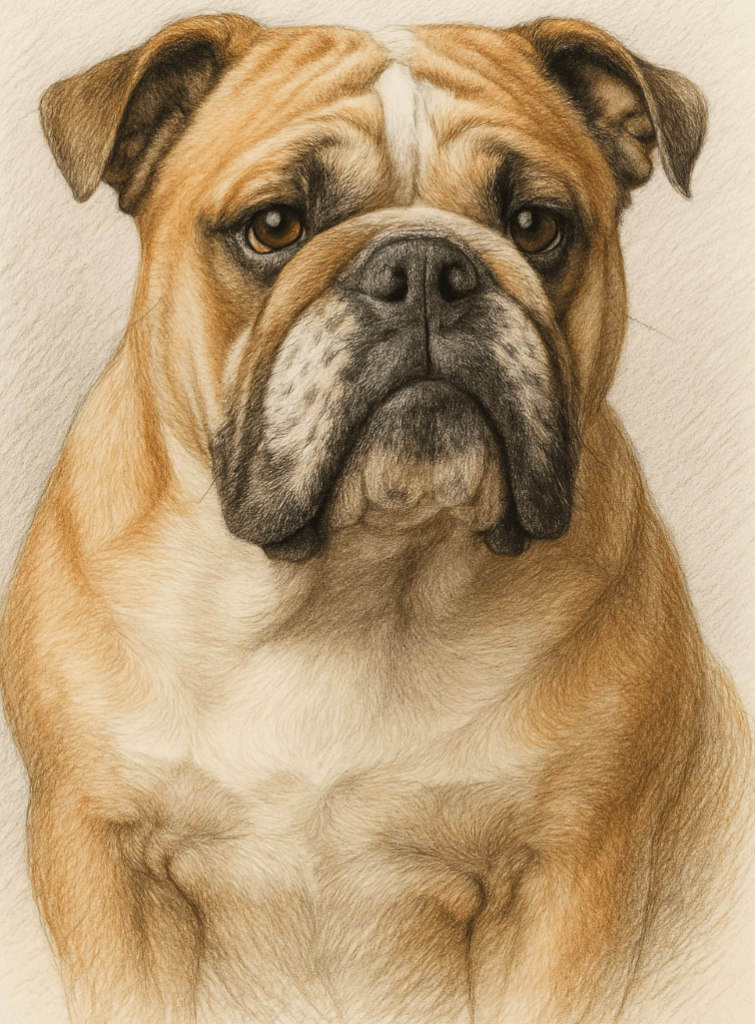
Average Lifespan of a Bulldog
Understanding the typical lifespan of a bulldog provides a baseline for managing their care and setting realistic expectations. Here’s what you need to know about how long bulldogs generally live and what influences their longevity.
General Lifespan Range:
On average, bulldogs live between 8 to 10 years, though some may exceed this range with exceptional care.Comparison to Other Breeds:
Bulldogs tend to have a shorter lifespan compared to smaller breeds like poodles or terriers, which often live 12–15 years or more.Impact of Size and Build:
Their large heads, compact bodies, and brachycephalic features contribute to health challenges that can shorten their lifespan.Role of Modern Medicine:
Advances in veterinary care have improved bulldog longevity, allowing owners to manage breed-specific conditions more effectively.Individual Variations:
Each bulldog is unique—some may live longer due to genetics, while others may face health issues earlier in life.
Knowing the average lifespan helps bulldog owners prepare for the care and attention their pets will need throughout their lives.
Check this guide 👉Rhodesian Ridgeback French Bulldog Mix: Best 7 Expert Tips!
Check this guide 👉Azawakh French Bulldog Mix: Best 7 Expert Tips!
Check this guide 👉Cane Corso American Bulldog Mix: Best 7 Expert Tips!
Tips to Extend Bulldog Lifespan | Common Health Issues in Bulldogs |
|---|---|
Provide a nutritious, breed-specific diet | Brachycephalic airway syndrome |
Maintain a healthy weight through exercise | Hip and elbow dysplasia |
Schedule regular vet check-ups | Skin infections due to folds and wrinkles |
Keep them cool in hot weather | Heart conditions |
Offer mental stimulation and companionship | Allergies and respiratory issues |
How to Maximize Your Bulldog’s Lifespan
While genetics play a significant role in determining a bulldog’s lifespan, there are many ways you can enhance their quality of life and potentially extend their years. Here are some practical tips to keep your bulldog healthy and thriving.
Focus on Proper Nutrition:
Feed your bulldog high-quality food formulated for their specific needs, avoiding overfeeding to prevent obesity.Provide Moderate Exercise:
Short walks and gentle play sessions are ideal for bulldogs, helping them stay fit without overexertion.Monitor Their Weight:
Regularly weigh your bulldog and adjust their diet or activity level if they start gaining excess weight.Clean Their Wrinkles Regularly:
Use a damp cloth to clean the folds on their face and body to prevent skin infections caused by trapped moisture or dirt.Stay Vigilant About Health Signs:
Watch for symptoms like labored breathing, lethargy, or skin irritation, and consult your vet promptly if anything seems off.
Taking these proactive measures can significantly improve your bulldog’s chances of living a longer, happier life.
Signs of Aging in Bulldogs
As bulldogs age, they undergo physical and behavioral changes that signal the natural progression of time. Recognizing these signs allows you to adapt their care routine accordingly.
Reduced Energy Levels:
Older bulldogs may become less active and prefer rest over playtime.Joint Stiffness or Mobility Issues:
Arthritis or joint pain can make it harder for aging bulldogs to move comfortably.Changes in Appetite or Weight:
Senior bulldogs might eat less or experience fluctuations in weight due to slower metabolism.Dental Problems:
Gum disease or tooth decay becomes more common as bulldogs grow older, requiring extra dental care.Behavioral Shifts:
Aging bulldogs may exhibit increased clinginess, confusion, or disinterest in activities they once enjoyed.
Understanding these signs helps you provide tailored care to support your bulldog during their golden years.
Common Mistakes to Avoid
Owning a bulldog comes with unique responsibilities, and avoiding common mistakes can greatly impact their health and happiness. Here’s what to watch out for.
Overfeeding:
Bulldogs are prone to obesity, so avoid giving them too many treats or oversized portions.Ignoring Temperature Sensitivity:
Leaving a bulldog in extreme heat or cold can lead to serious health risks due to their limited ability to regulate body temperature.Skipping Vet Visits:
Neglecting regular check-ups can result in undiagnosed conditions worsening over time.Neglecting Dental Hygiene:
Poor oral care can lead to painful dental issues and systemic health problems.Overexerting During Exercise:
Pushing a bulldog too hard during physical activity can strain their respiratory system and joints.
Avoiding these mistakes ensures your bulldog stays healthy and comfortable throughout their life.
Fun Facts About Bulldogs
Bulldogs are fascinating creatures with a rich history and quirky traits. Here are some fun facts that highlight why they’re so beloved.
Historical Roots:
Bulldogs were originally bred for bull-baiting, a now-banned sport, before becoming cherished family pets.Mascot Status:
They serve as mascots for universities, sports teams, and even countries, symbolizing strength and determination.Celebrity Owners:
Many celebrities, including Winston Churchill and Brad Pitt, have owned bulldogs, showcasing their universal appeal.Unique Snoring Sounds:
Bulldogs are famous for their loud snoring, thanks to their flat faces and narrow airways.Affectionate Nature:
Despite their tough appearance, bulldogs are incredibly loving and enjoy cuddling with their humans.
These fun facts remind us why bulldogs hold a special place in our hearts.
How to Support a Senior Bulldog
Caring for a senior bulldog requires adjustments to meet their changing needs. These tips ensure your aging companion remains comfortable and content.
Switch to Senior-Specific Food:
Transition to a diet formulated for older dogs to address nutritional requirements and support joint health.Create a Cozy Space:
Provide soft bedding and easy access to favorite spots to accommodate reduced mobility.Limit Physical Activity:
Focus on low-impact exercises like gentle walks to prevent strain on aging joints.Increase Vet Monitoring:
Schedule more frequent check-ups to catch age-related issues early and manage chronic conditions.Offer Emotional Support:
Spend quality time with your senior bulldog, offering reassurance and companionship to ease anxiety or confusion.
With thoughtful care, you can help your senior bulldog enjoy their twilight years to the fullest.
Frequently Asked Questions About Bulldog Lifespan
What is the average lifespan of a bulldog?
Bulldogs typically live between 8 to 10 years, depending on their health and care.
Why do bulldogs have a shorter lifespan?
Their brachycephalic features, size, and predisposition to certain health issues contribute to their shorter lifespan.
Can I extend my bulldog’s lifespan?
Yes, proper nutrition, regular vet care, and a healthy lifestyle can help maximize their lifespan.
Are bulldogs prone to serious health problems?
Yes, bulldogs are susceptible to conditions like brachycephalic syndrome, hip dysplasia, and skin infections.
When is a bulldog considered a senior?
Bulldogs are generally considered seniors around 6 to 7 years old, though this varies by individual.
Cherishing Every Moment with Your Bulldog
While bulldogs may not live as long as some other breeds, their affectionate nature and unwavering loyalty make every moment spent with them truly special. By understanding the factors that influence their lifespan and taking proactive steps to support their health, you can ensure your bulldog enjoys a fulfilling life filled with love and care. Whether you’re welcoming a new puppy or caring for a senior companion, remember that your dedication plays a vital role in shaping their journey. Cherish the time you have together, and celebrate the joy that bulldogs bring to our lives every single day.
Rimadyl for Dogs: Best 7 Expert Tips! Discover expert advice on using Rimadyl safely, managing pain, and improving your dog’s mobility with trusted veterinary insights.
Can Dogs Have Tylenol for Pain? Best 7 Expert Tips! Discover the risks, safe alternatives, and expert advice on managing your dog’s pain effectively while avoiding harmful medications.
Understanding Hemophilia in Dogs: Best 7 Expert Tips! Discover expert advice on managing hemophilia, recognizing symptoms, and ensuring your dog’s well-being with practical care strategies.
Understanding Dog Sensitive Skin: Best 7 Expert Tips! Discover expert advice on managing dog sensitive skin, relieving irritation, and improving your pup’s comfort with practical solutions.

